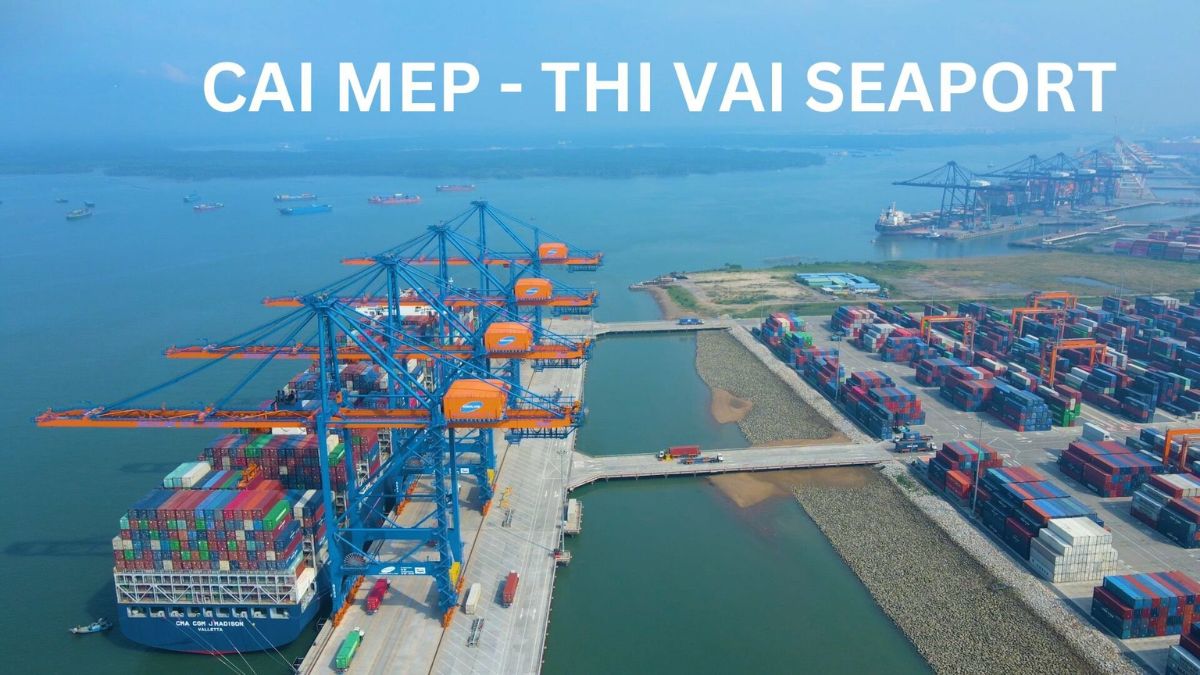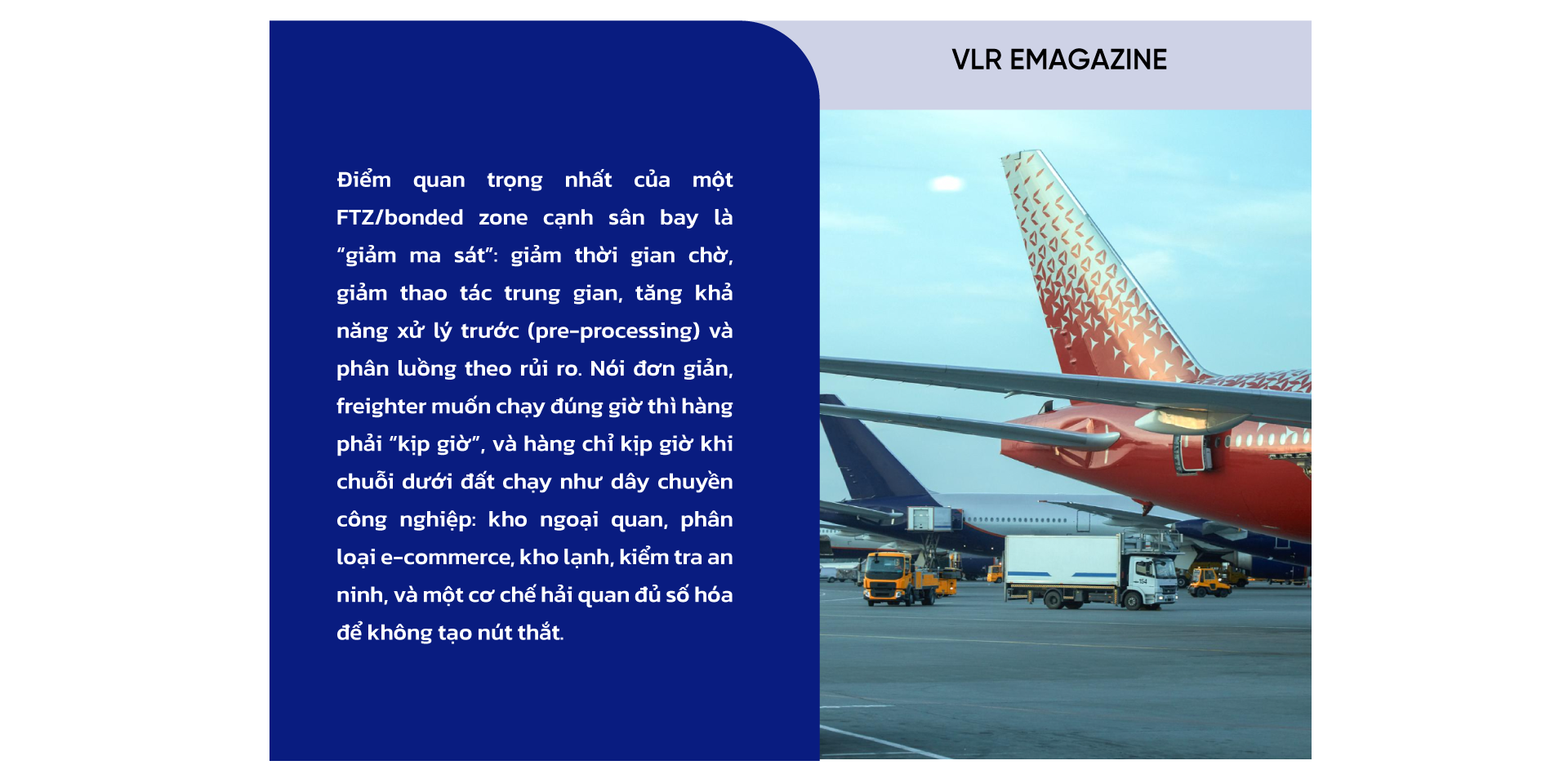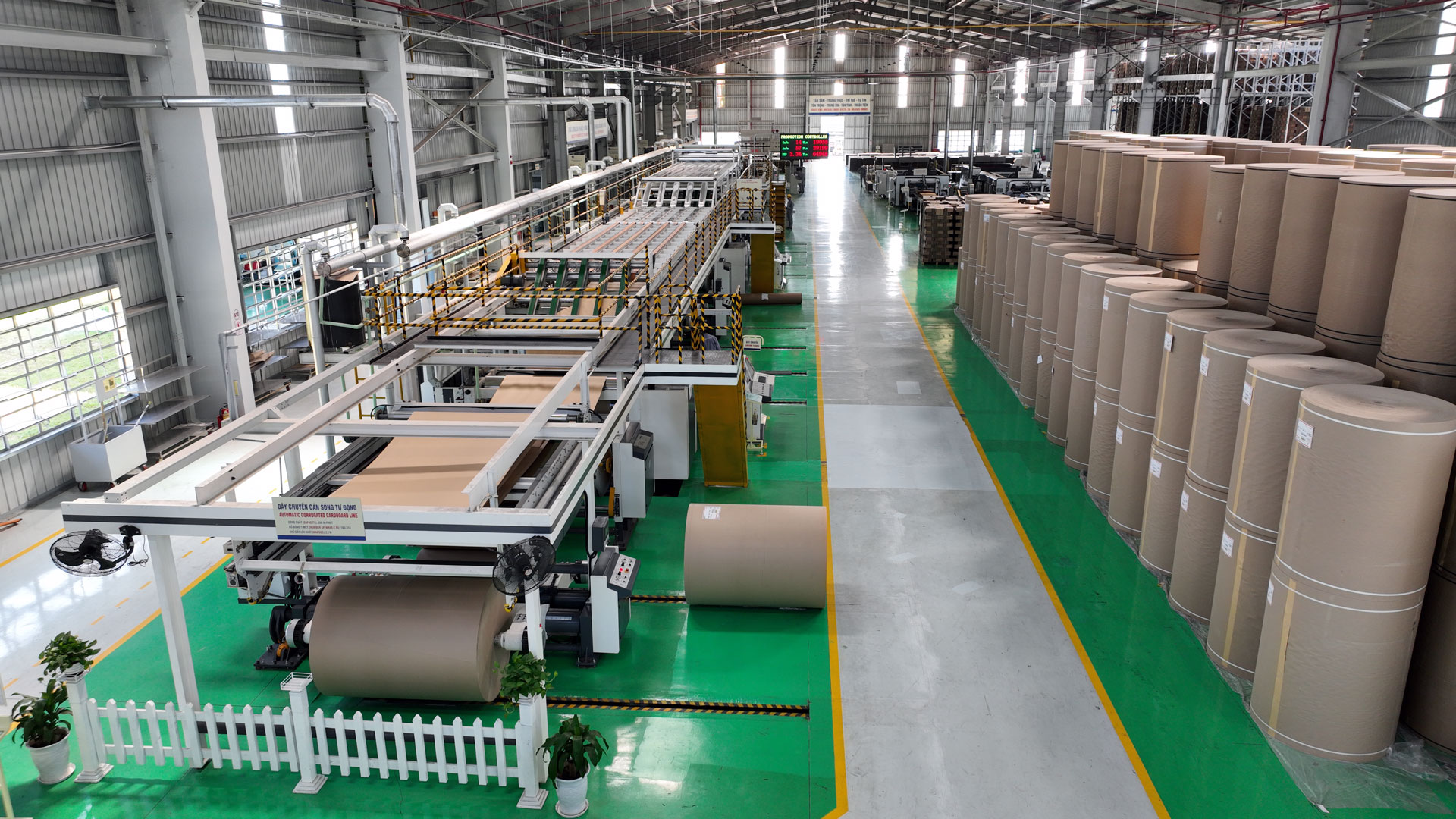At the seminar "Customs and Enterprises Accompanying to Promote the Flow of Import and Export Goods through the Cai Mep - Thi Vai Port Cluster" on July 31, experts identified four bottlenecks hindering the movement of goods at the Cai Mep - Thi Vai port cluster. These include infrastructure connectivity, policy mechanisms, human resources, and administrative procedures. This port cluster accounts for 90% of the import and export goods through the seaport system of Ba Ria-Vung Tau province and plays an important role not only for Vietnam but also for Southeast Asia.


The Cai Mep - Thi Vai port cluster has received significant attention from the central government and various ministries in efforts to enhance management, exploitation, and development efficiency. However, the port still faces many obstacles such as transportation infrastructure connectivity, administrative procedure reform, customs procedures, specialized inspections, and the logistics service ecosystem.
Many businesses propose reducing transportation costs, upgrading the logistics service system, and support services. Solutions such as dredging the port entry channel, clearing the waterway from the Mekong Delta to the port, and developing the transportation system connecting the port to Cambodia are also emphasized. Mr. Do Thien Anh Tuan from the Fulbright School of Public Policy and Management believes that the development of this port cluster should be considered a national benefit and proposed 12 unprecedented breakthrough mechanisms to promote the development of the national maritime economic center.
The Cai Mep - Thi Vai port cluster needs central support to implement these breakthrough policy mechanisms, allowing Ba Ria - Vung Tau to pioneer pilot programs and resolve current bottlenecks to promote the flow of import and export goods.










